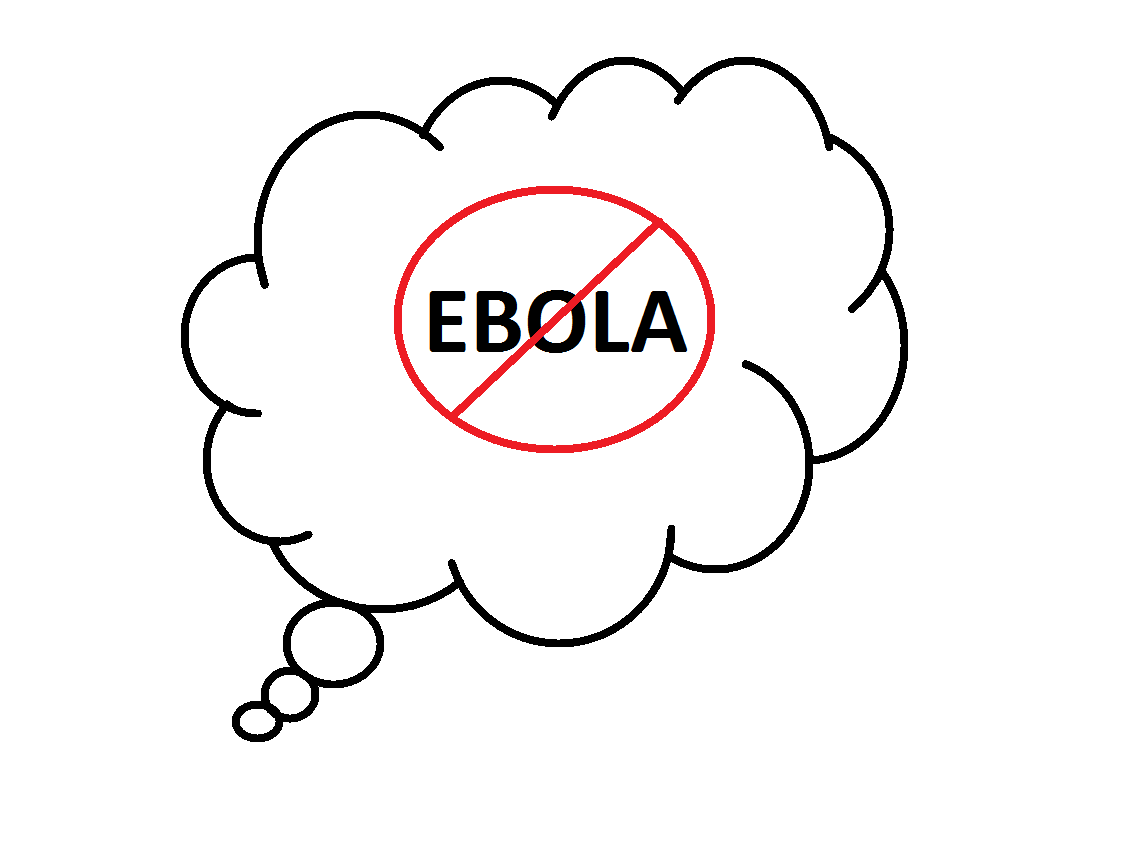The new outbreak of Ebola Virus Disease (EVD) aka Ebola hemorrhagic fever in parts of western Africa is the worst recorded in history and the devastating outcomes of the outbreak has left people very nervous at best and fearful at the worst with no real sense what to do.
This article will briefly explain:
- what Ebola is,
- how it is transmitted,
- general symptoms and how to recognize them,
- and most importantly how to prevent further spread of this disease
What is EBOLA ?
Ebola virus disease (aka Ebola hemorrhagic fever) is a DEADLY disease caused by an enveloped RNA virus.
How is EBOLA transmitted?
One of the consequences of Ebola virus being enveloped is that Transmission requires close contact via bodily secretions (saliva, semen, vaginal fluid, feces, urine, sweat), blood transfusions, equipment (syringes, needles, soiled linen, that has come in contact with infected fluids)
Of note:
The virus CAN be transmitted via sweat, however there has to be a lot of sweat to carry enough of a viral load and secondly the sweat of an infected person has to come in contact with a weak point in the non-infected skin (meaning a breakdown) or mucous membrane e.g. nose or eyes, mouth.
What are the symptoms of EBOLA?
Symptoms start with influenza-like symptoms (fever, muscle aches, headaches, nausea, vomiting, abdominal pain, diarrhea, chest pain, cough), then evolves to vomiting and diarrhea, and often ends with severe bleeding (internally and externally- check eyes, check for red dots inside the cheeks) shock, and death.
How can we prevent further spread of the disease?
ISOLATION and INFECTION CONTROL is key
1.) Sanitary measures are a definite must.
- Wash your hands after your use the bathroom with soap and water
- If you are sick (cough, cold) wash your hands often
- Lots of people have been using hand sanitizers: just as a cautionary note these are typically antibacterial and do not kill viruses ***
Notes: You cannot contract the virus by shaking someone or sitting next to them (bodily fluids have to be exchanged or instruments (such as syringes that have come in contact with the bodily fluids).
2.) If you have any of the above symptoms, please present immediately to the hospital
- Most effective treatment now is supportive with lots of fluids to maintain the organs while the body fights the infection. *** Lots of Intravenous fluid only in the hospital setting***
- Just a cautionary note: a lot f the initial symptoms are similar to lots of common disease presentations in Nigeria, so unless you have a real suspicion that you may have come in close contact with someone who has the disease, wait it out, limit your outside exposure and if you are sick enough to present to the hospital please be co-operative with isolation protocols.
- If your family member has been infected be cautious in caring for them, do not share things like towels, bed sheets or utensils, take them immediately to the hospital with an isolation ward. Do not handle items that may have come in contact their blood or body fluids, and if you must, use gloves, goggles, and masks.
- If you come in contact with any secretions from an infected patient wash the affected skin surfaces with copious amounts soap and water, present to the hospital for appropriate treatment
3.) Limit your travels
- Given that we travel in masses and sweating is a big issue especially for those who travel by means of public transportation, we have to try to curb our movements as much as possible
4.) This is key; avoid funeral or burial rituals that require handling the body of someone who has died from Ebola. Although it is not traditional, cremation is probably the best way to decrease spread of the virus.
5.) The virus is native to animals like fruit bats or bush meats, avoid raw meats and certain “delicacy” meats, including things like Suya and Kilishi
The virus typically has a 90% mortality rate, but this particular outbreak reportedly has a 50-60% mortality rate which is still pretty high for a disease in 2014. Therefore, social responsibility needs to be a priority in order to prevent further spread of the disease. Source control is the most important thing
Do your part, ask your offices/manager/government officials to consider closing the office, jobs, for a week- two weeks so we can really identify who is infected and treat treat those people appropriately. Lets help isolate the people who may have come in contact with those with the disease, monitor them closely and treat appropriately
Here is a link to the center for disease control in the US should you need more information

